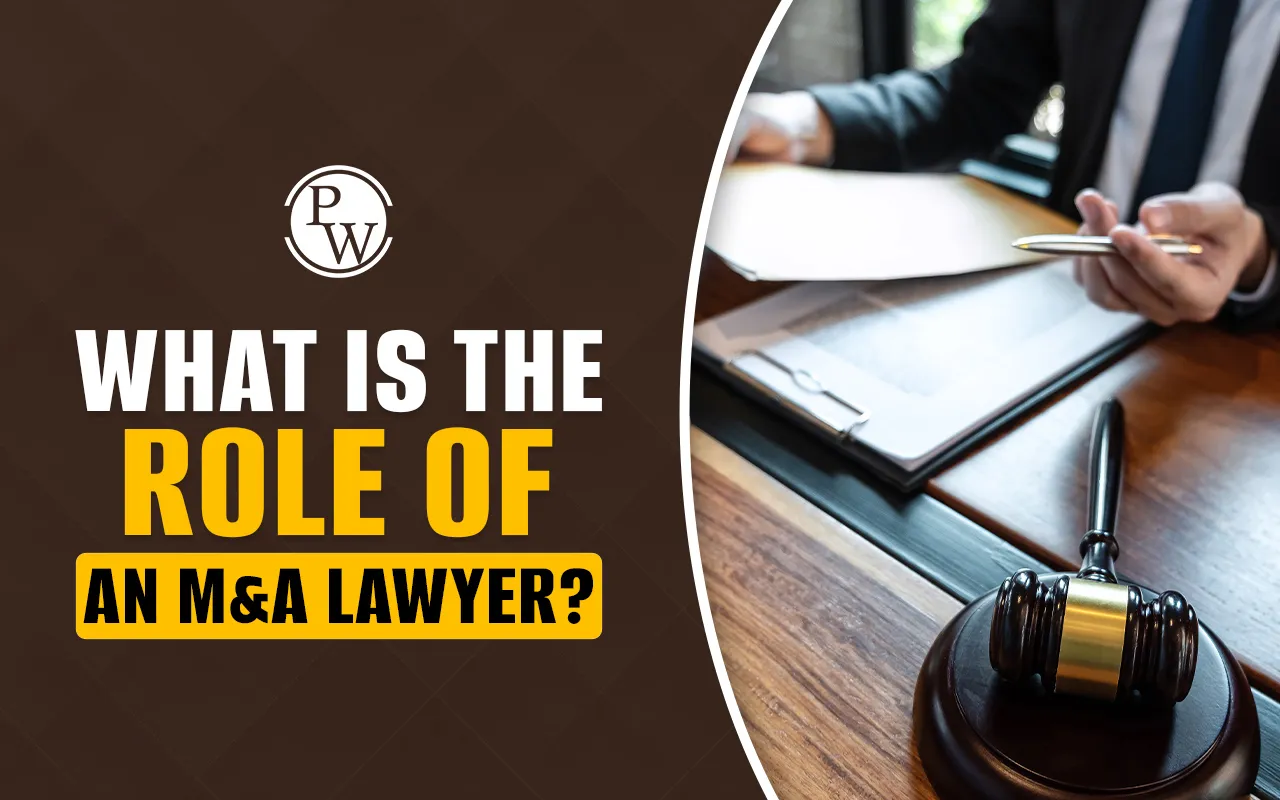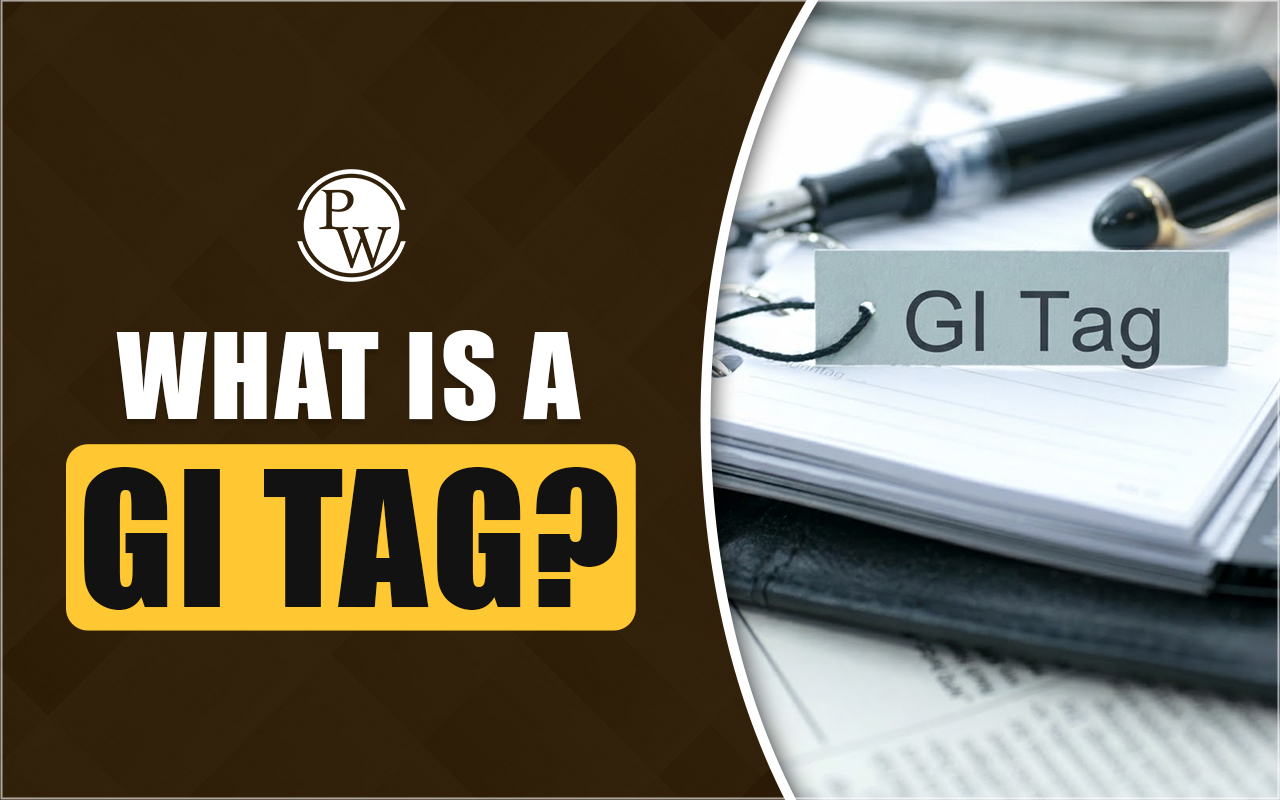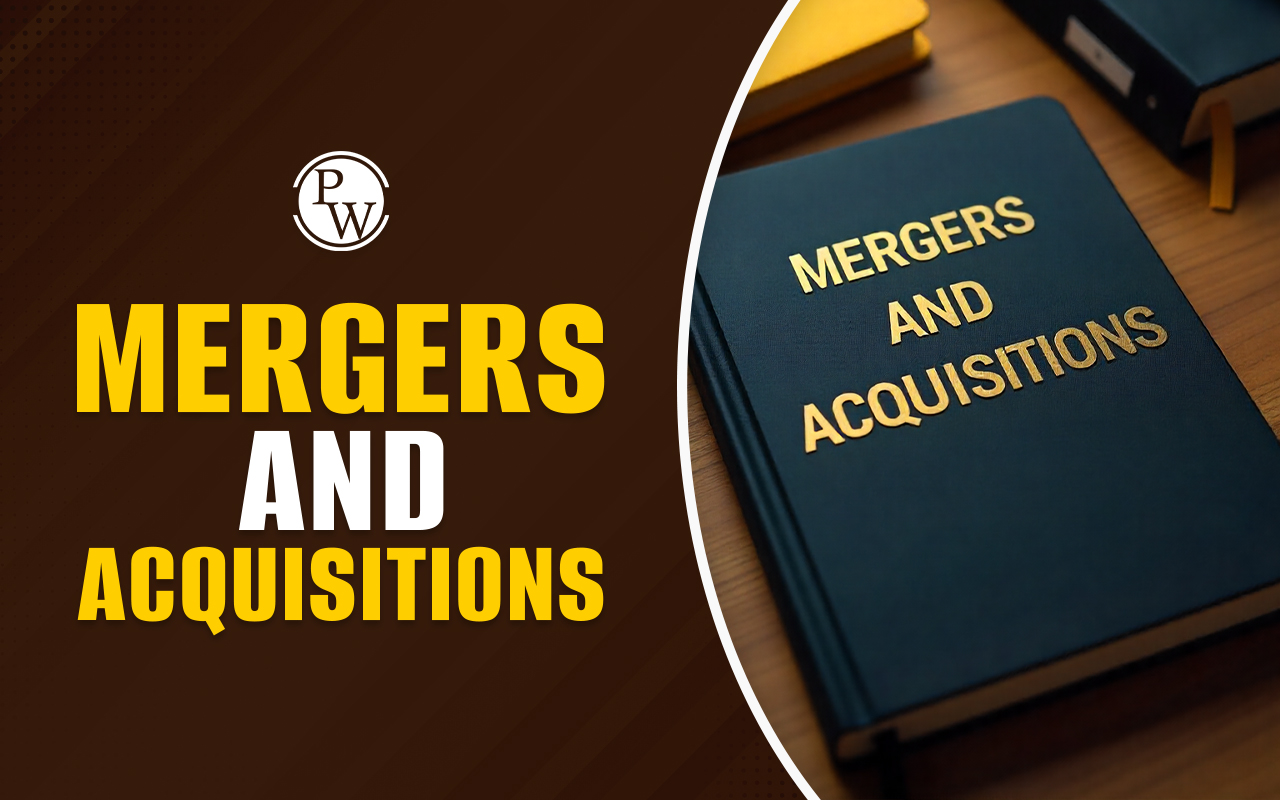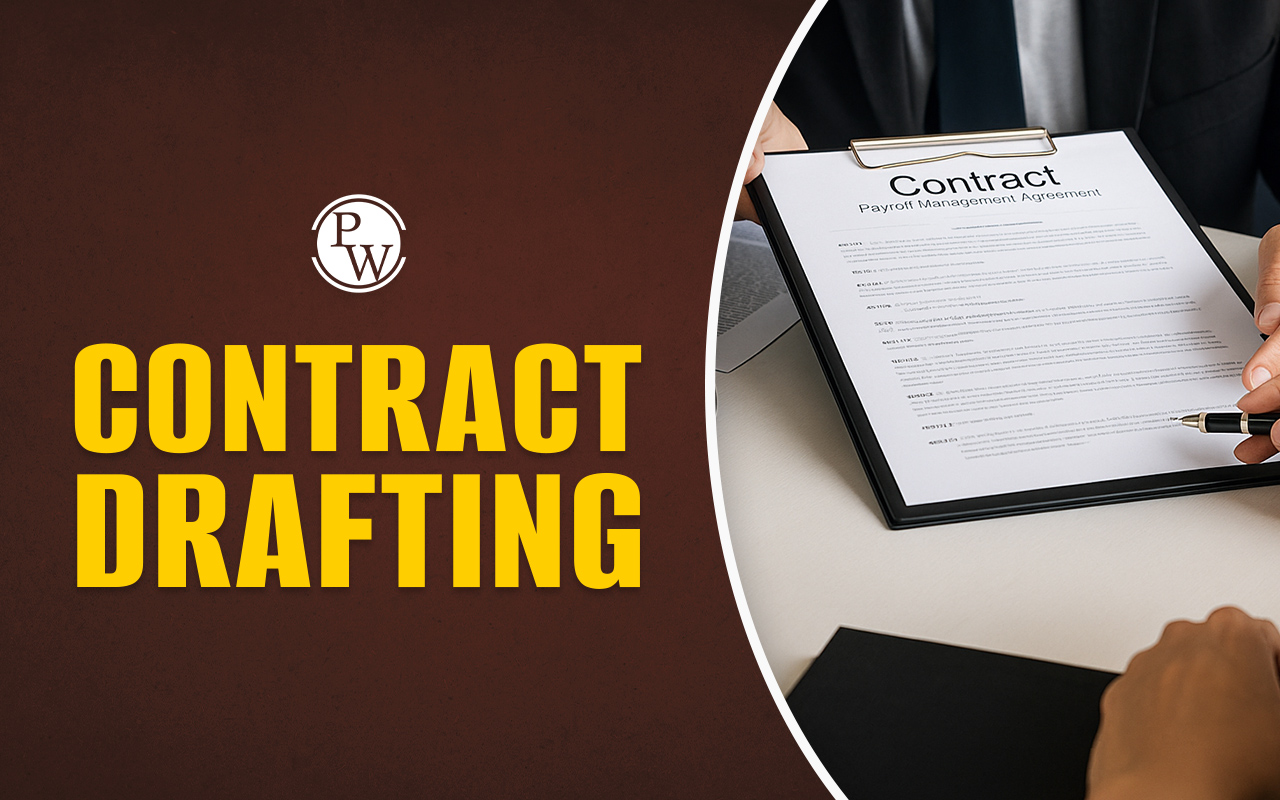
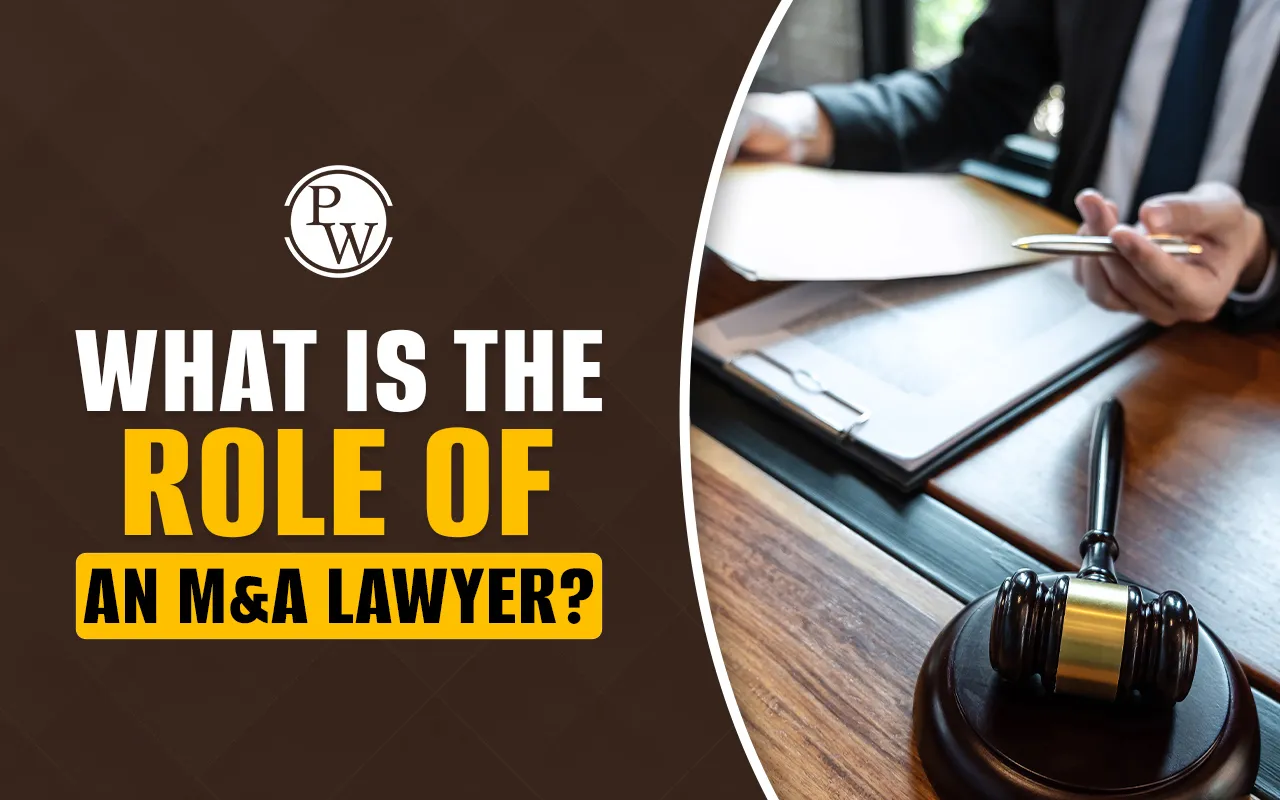
Role of an M&A lawyer is critical in large business transactions when a company acquires or merges with another. The lawyers take charge of the legal aspects to ensure the transaction complies with the law and is a success. They assist in safeguarding the interests of all parties involved.
M&A lawyers have exclusive duties such as examining agreements, counseling clients regarding the law, and ensuring that everything is legitimate. For law students, it is essential to understand what an M&A lawyer does to know how business laws operate in actual cases.
Role of an M&A Lawyer
M&A lawyers have specific duties to support businesses in mergers and acquisitions. They check contracts, advise clients, and make sure all legal rules are met. Here is a details that shows some role of an M&A lawyer:
|
Duties of an M&A Lawyer |
|
|
Duties of M&A Lawyer |
Description |
|
Reviewing Legal Documents |
Checking contracts and agreements |
|
Conducting Due Diligence |
Investigating company details |
|
Negotiating Terms |
Helping set deal conditions |
|
Advising on Law Compliance |
Making sure the deal follows laws |
|
Drafting Agreements |
Writing clear contracts |
Duties of an M&A Lawyer Based on Specialization
M&A lawyers specialize in different functions. Every role of an M&A lawyer deals with significant aspects of an acquisition or merger. They are specialized professions that need expertise and attention to detail to ensure the deal is successful for all.
Adviser
An M&A lawyer serving as an adviser assists right from the beginning. They research the target and acquiring companies to learn about risks and issues. Advisers advise clients on regulations and assist with deal planning to achieve business objectives while staying out of legal trouble.
Duties of an adviser include:
-
Doing due diligence to find legal risks and liabilities.
-
Advising on laws about security, antitrust, and investments.
-
Planning the deal structure with tax and legal rules in mind.
-
Suggesting ways to reduce legal problems.
Mediators
M&A lawyers as facilitators facilitate communication among various individuals who are party to the deal. They coordinate with accountants, bankers, and brokers so that all the parties remain in the loop and collaborate effectively. They also safeguard sensitive information that is exchanged during the deal.
Mediator duties include:
-
Helping solve disputes about price, contracts, or warranties.
-
Managing conflicts of interest so the deal stays fair.
-
Ensuring safe sharing of private data through secure systems.
Negotiator
Negotiators are responsible for coming to terms that each side will agree with. They settle terms, timelines, and objectives up front and during the course of the deal. Negotiators plan strategies and advocate their client's best interests to secure favorable terms.
Negotiator duties include:
-
Creating negotiation plans based on client goals.
-
Studying documents and risks before talks.
-
Arguing for the best deal terms.
-
Organizing paperwork when agreements happen.
Drafter
Drafters prepare and approve all legal documents required for the transaction. Drafters prepare contracts, applications, and formal documents. This is a precise job with precise wording to safeguard clients and explain the terms of the acquisition or merger.
Drafter duties include:
-
Writing the purchase agreement and key terms.
-
Preparing due diligence checklists and questionnaires.
-
Drafting corporate rules like shareholder agreements.
-
Creating extra documents like employment or escrow contracts.
-
Reviewing documents needed after closing the deal.
These specialized roles help ensure that every part of a merger or acquisition is handled carefully and correctly to benefit all parties involved.
Areas of Expertise for M&A Lawyers
M&A lawyers need a strong grasp of many different laws and rules to handle deals well. M&A lawyers need to comprehend both state and federal laws with an understanding of corporate law and securities regulations. Their knowledge is therefore fairly broad in scope and encompasses subjects pertinent to mergers and acquisitions.
Corporate Law and Governance: M&A lawyers ought to have a working knowledge regarding the various types of companies and the legal consequences of their structures. The lawyers further advise on administration procedures, including adherence to corporate laws and the management of risks.
Securities Regulations: An understanding of statutes such as the Securities Act of 1933 and the Securities Exchange Act of 1934 is essential. This enables lawyers to advise clients in the areas of security registration, reporting duties, disclosure requirements, insider trading, and other related issues.
Tax Law: M&A lawyers should be well acquainted with tax laws that affect companies, including corporate taxes and capital gains taxes. This way, they can properly advise their clients about tax implications during transactions.
Contract Law: Contract law training is critical in drafting and negotiating agreements pertaining to mergers, joint ventures, and shareholder obligations, among other M&A-related fields.
Intellectual Property Law: M&A lawyers should have a basic understanding of IP law in regard to due diligence, ownership rights, property valuation, and regulatory compliance.
Antitrust Law: Authorization on antitrust situations like merger control, compliance, and enforcement is the other area where an M&A lawyer is knowledgeable about.
Employment Law: Lawyers also weigh in on employee matters such as transfers, benefits, labor relations, and legal compliance in the course of M&A.
Environmental Law: Should the Client be engaged in regulated industries or possess environmental liabilities, environmental law permitting, reporting, insurance, and due diligence knowledge will be a must for M&A lawyers.
This broad knowledge helps an M&A lawyer act like a detective, carefully examining all legal issues to successfully complete mergers and acquisitions.
Importance of M&A Lawyer in Business Transactions
An M&A lawyer plays a very significant role since business transactions are complex. Companies may overlook significant facts or violate laws without the assistance of a lawyer. M&A lawyers prevent such errors and ensure that the transaction remains secure and successful.
When to Hire an M&A Lawyer ?
Hiring an M&A lawyer early on, even prior to negotiating the deal, is advisable. This ensures proper legal issues are taken care of and everyone's interests are protected. Small errors without legal assistance may result in a failed deal.
An M&A lawyer guides on structuring the deal, performing due diligence, and identifying risks and opportunities. The lawyer further assists in negotiating complex legal issues and documents to achieve equitable terms.
M&A lawyers assist with various transactions such as:
-
M&A lawyers help with a range of transactions including:
-
Classic mergers and acquisitions
-
Divestitures
-
Joint ventures
-
Strategic partnerships
-
Equity investments
-
Restructurings and reorganizations
-
Cross-border transactions
-
Distressed M&A deals
Skills and Expertise Required for M&A Lawyers
M&A lawyers require special skills to perform their tasks effectively. They should be knowledgeable about business law, be competent in reading contracts, and possess good communication skills. The skills enable them to explain legal issues clearly and secure better bargains for clients.
How M&A Lawyers Make Business Transactions Easier?
An M&A lawyer simplifies business transactions by controlling the legal process. They observe problems, offer improved solutions, and ensure all documents are accurate. This makes the two companies collaborate without misunderstandings or hindrances.
Understanding the role of an M&A lawyer makes law students and aspiring lawyers appreciate how much legal assistance is needed in large business transactions. These lawyers defend businesses, make transactions equitable, and assist business to expand legally and safely. Understanding their responsibilities and competencies is a good way for anyone who is interested in M&A law.
